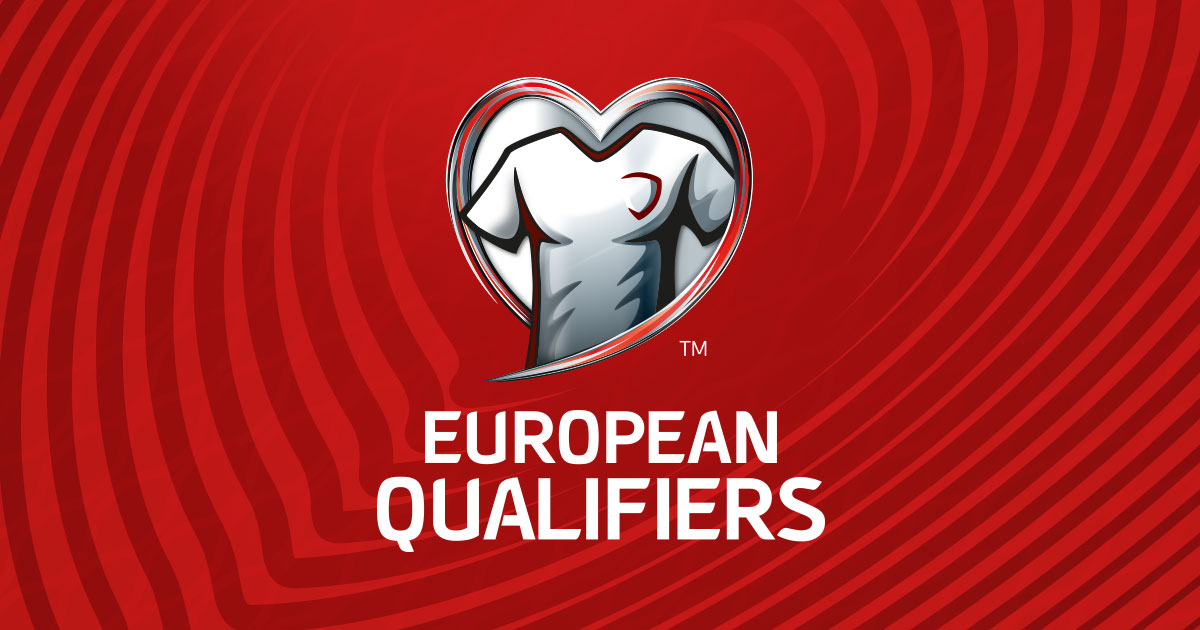The iGaming industry has evolved considerably in the past years, expanding to diverse activities on digital platforms. Online sports betting, poker, and casino games have changed now, focusing more on customer experience and innovations as technological advances allow.
Modernization was possible through collaborations between iGaming operators and software developers. Their intuitive and user-friendly UI gaming will lead to an annual revenue growth rate of 3.40% between 2025 and 2029.
The expansion is linked with customer preference trends, considering it’s more convenient and accessible to access iGaming on different channels. At the same time, the rise of mobile gaming allowed gambling to grow, which is why operators introduced more social features to their platforms. Still, all advancements are thanks to software solutions, so let’s see how important they are for iGaming.

What’s the role of software in iGaming?
Software products are necessary for customizing the gaming experience based on different needs. Platforms should develop a user-friendly interface to boost user engagement and improve brand perceptions or invest in advanced security features.
Gaming software also helps integrate seamless payment options, from e-wallets to credit cards and cryptocurrency payments. This supports customer loyalty and makes the checkout process straightforward for all users with different payment preferences.
Through software, iGaming providers can:
- Introduce live betting for people to have instant access to games and place bets on ongoing games;
- Enhance engagement through a positive user experience in love betting and an increase in betting activity;
- Experiment with Virtual Reality and Augmented Reality for users to interact with other players and virtually attend live games;
How do gaming companies benefit from software innovations?
The iGaming industry benefits from multiple advanced features that make the gambling experience better. With the right software, betting partners can access:
- Data analytics is essential in understanding patterns, player performance, and factors that could influence future decisions;
- Predictive modeling focuses on past performances and trends to help bookmakers craft accurate odds, which is also helpful for bettors;
- AI chatbots and customer support build customer loyalty by handling inquiries and providing updates;
Most importantly, technology ensures that iGaming products are secure and fair. Protecting games from cyberattacks and vulnerabilities is necessary for securing the environment and building customer trust. In addition, fairness is vital for preventing fraud by verifying the legitimacy of odds and transactions. In the future, we’ll see solutions like blockchain technology ensuring high security and transparency.
Indeed, most iGaming providers struggle with challenges when implementing new technologies. Scalability, for example, is one of them, as platforms find themselves unable to handle high traffic spikes during major sporting events or tournaments. The solution involves a cloud-based infrastructure that comes with a scalable architecture and microservices through which traffic can be distributed efficiently.
Why is software testing necessary in gambling?
Ensuring top-notch quality in iGaming requires thorough testing of products and services. That’s why software testing is used to deliver smooth and secure user experiences by identifying and eliminating minor glitches or critical issues. If these issues are not solved, iGaming operators might face difficulties maintaining brand credibility, financial stability, and player satisfaction.
Software testing helps avoid:
- Incorrect odds or malfunctioning slot games can lead to the inability to complete transactions;
- Bugs in the payment processing systems that trigger double charges or failed transactions;
- Confusing menus, visual mistakes, and slow games;
Considering the complexity of testing for iGaming, there are several ways to ensure the efficiency of gambling platforms and games.
5 testing requirements in iGaming
Every type of testing focuses on different areas so that the gambling experience can be completed in the end. Functional testing comes first, and it ensures users can benefit from a seamless and flawless experience. Testers usually check:
- The sports betting process, from checking bet slips to testing live betting;
- The casino game experience, including animations and sound effects;
- The odds display ensures they’re accurate and updated in real-time;
- The payment systems that should be secure and error-free in the sportsbook and casino section;
Security testing comes next, and it covers data protection, login security, and vulnerability checks. The platform must also be usable so testers can improve navigation and ensure mobile compatibility based on UI design.
Accessibility testing is essential to cover a broad range of users, so the platform needs to be suitable for those with visual impairments, mobility challenges, and dexterity challenges according to regulatory compliance. The final test concerns performance, with key factors including load testing, stress testing, and speed testing.
The importance of regulation on iGaming
The evolving legal landscape regarding gambling, betting, and other forms of online games in the industry has made it possible for providers to expand their product range and improve customer experience. Since an increasing number of areas embrace the sector, betting software must keep up with the latest local laws to set a high standard for the competition and safeguard users.
Moreover, providers must leverage software solutions to employ responsible gambling. Monitoring user behavior and identifying the patterns that could lead to addiction are necessary steps to protect users. Luckily, AI-based solutions are utilized to check on users so companies can proactively handle such challenges without interfering in communities.
All iGaming operators should introduce player protection tools within their platforms, such as self-exclusion options, time limits, and deposit caps. These could help users better manage their gaming experience.
But there’s more to responsible gambling. Responsible advertising is necessary to support truthful, transparent, and sensitive games by avoiding the target of minors or not encouraging excessive gambling behavior in general. In addition, cooperating with help organizations is ideal to provide users with a safety net in case they struggle with gambling-related issues.
What’s your take on technological innovation in iGaming?
iGaming is one of the fastest-developing entertainment industries, growing substantially after technology evolved. Gambling, betting, and playing games changed forever as smartphones became available worldwide and internet connection sped up, but this also required enhanced security and scalability. Therefore, iGaming providers prioritize software solutions for cybersecurity protection, improved user experience, and AI chatbots. In addition, the software helps in seamless testing, safeguards the industry, and supports responsible gambling.








